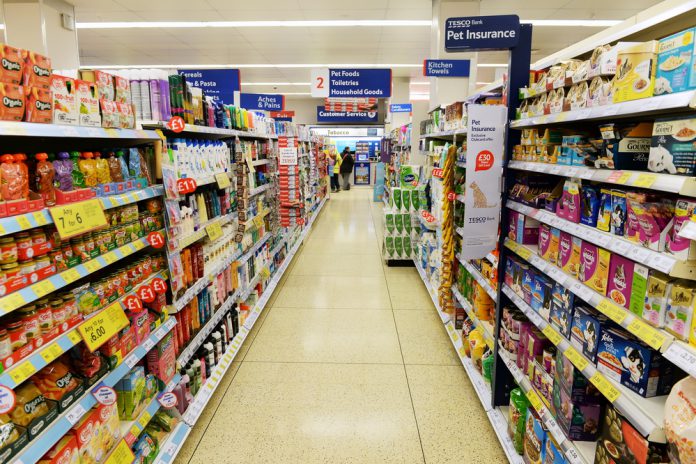Supermarkets have begun to hike prices in response to the pound’s devaluation, just one month after the infamous #MarmiteGate dispute between Tesco (LON:TSCO) and supplier Unilever (LON:ULVR).
According to research conducted by The Guardian and MySupermarket.com, Unilever products have already seen an average rise of 5.7 percent since the June referendum result. The price of 20 Unilever products was examined, including popular consumer products such as Comfort Fabric Conditioner and Hellman’s Mayonnaise.
The findings uncovered that products such as Bertolli and Vo5 styling gel had seen the steepest price hike, with an increase of 31.5 percent and 14.8 percent on average. Despite an initial scare, Marmite has seen one of the smallest increases of 0.8 percent. Similarly, Colman’s English Mustard saw no price rise.
The Investigation noted that out of the Supermarkets examined, Unilever products were the most expensive at Sainsburys (LON:SBRY) totaling £40.26 for a selection of 20 goods. On the other hand, Asda marked the cheapest shop, totaling £37.90 and sightly cheaper than Morrisons (LON:MRW) at £39.31 and £39.58 for Tesco .
In response to the claims, Sainsburys and Morrisons issued statements about the findings.
A Morrisons spokesperson stated: “The figures from MySupermarket almost certainly include items where promotional prices have reverted to the everyday price and this isn’t a price increase.” It emphasised that alongside price increases, there had been equal amount of price cuts.
Similarly, a spokesperson for Sainsbury’s said:
“We remain focused on providing customers with quality and value, offering great prices on the products that matter most to them, like Marmite (250g) – £2.50 since July 2014. We sell hundreds of Unilever brands and this limited assortment of items, a tiny proportion of the total Unilever products we sell, provides neither a fair or accurate representation of the value customers find when they shop with us.”
Alongside Unilever, Birdseye and Walkers crisps have similarly requested supermarkets to accommodate price rises of up to 12 percent to mitigate the effect of the weakening pound and its effect on production costs.

